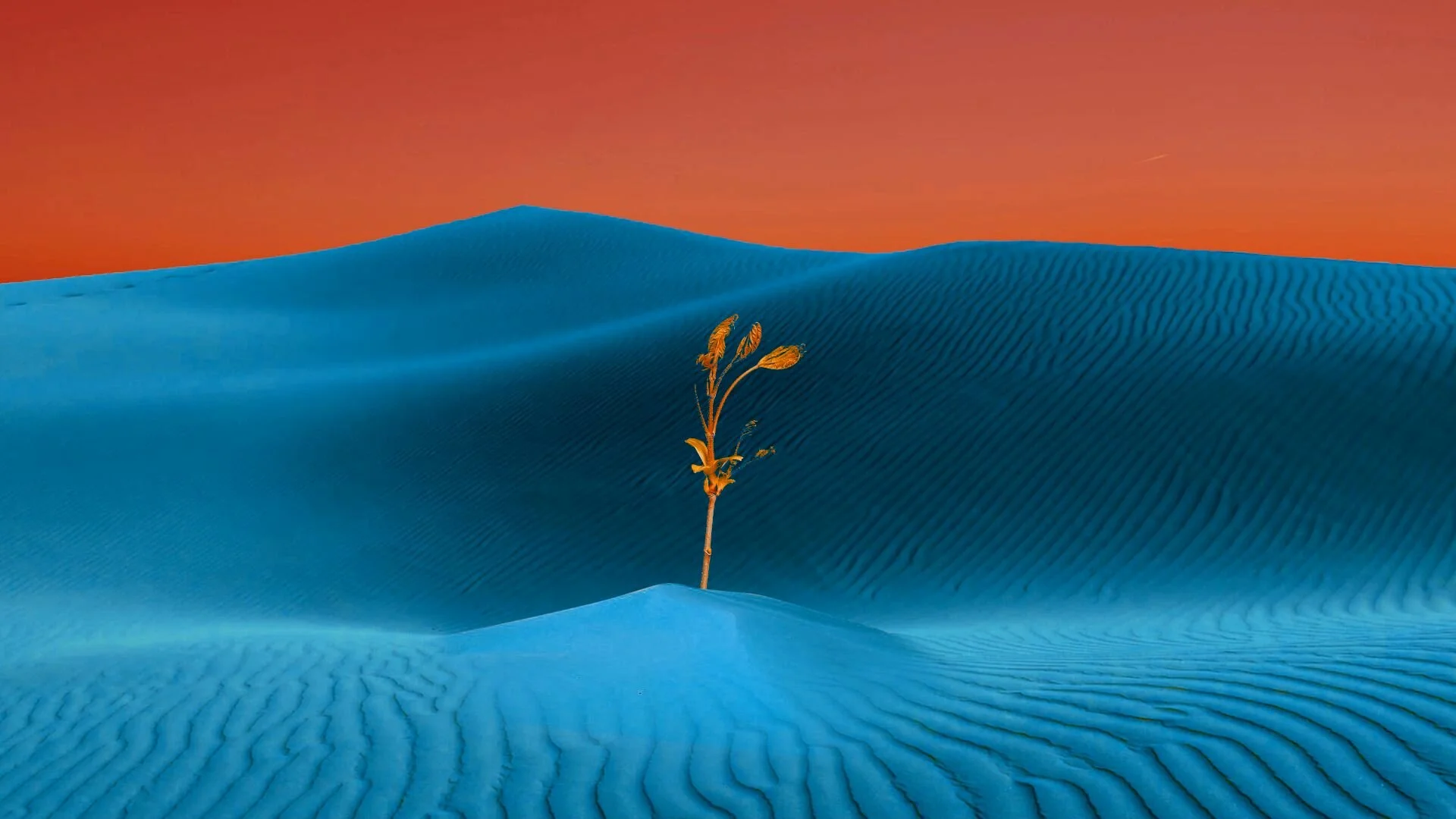Editor's Preface
Cover image: Dust Devil, Jaxton Su (Singapore)
As I prepare this issue’s preface, I write in light of many significant moments, personal and global, human and animal. On the personal front, my two years as a Graduate student is coming to a close, marking a move back to teaching. Three years ago, The Tiger Moth Review was conceived because I left a full-time teaching job to pursue my Master’s in Creative Writing, which opened up time and space for me to read, write, research and edit. The programme has nurtured me as a writer, and editing the journal has opened many doors for me in the literary sphere these two years. I am grateful to have received invaluable mentorship from my supervisor Boey Kim Cheng, whose “Botanic Gardens Suite” is featured in this issue. As I enter into adjunct teaching this year, the challenge will be for me to find a balance between teaching and my literary pursuits, and I relish the opportunity I will have to pass on my passion for literature to the girls under my charge.
On the global front, the pandemic has shaken the world and changed our lives forever. Many have lost their lives and loved ones too soon, while elsewhere, others have been more fortunate and remained unharmed and inconvenienced. The poor and marginalised have suffered the most, and while some semblance of normalcy has returned to Singapore, other countries like South Korea still struggle to contain the virus. We have seen that the virus does not discriminate; it wants to survive. Yet, the pandemic was brought about by human intervention, primarily, the disregard and exploitation of nature for human development manifested in the encroachment of wild habitats. The rise of pandemics over the last twenty years should make us stop and ask hard questions about human existence within the larger ecosphere: How can we live more responsibly, ethically and compassionately with nature moving forward? How can we respect nature so that our lives are respected in kind?
Towards the end of 2020, I received a wintering visitor, a peregrine falcon, who visited its roost across our window six days over November and early December. Known as a global bird, the peregrine falcon can be found all over the world, and its name peregrine denotes a wanderer, traveller or pilgrim. Perhaps we too are wanderers, travellers and pilgrims in our own way, and despite being confined to our respective homes or countries due to COVID-19 travel restrictions, this issue offers readers opportunities for flight and expansion. Sindhura Dutta’s (Kolkota, India) paintings Forest Bathing offer a magical escape into the forests of our dreams, while Nazarii Nazarov’s (Kyiv, Ukraine) translations of Mongolian and Buryat folk songs transport us to the rugged and vast terrain of mountains and plateaus. Jaxton Su’s (Singapore) Dust Devil reimagines an otherworldly landscape of isolation and intimacy, while Filipino migrant poets like Jean E Ragual, Janelyn Dupingay Vergara, Rea Maac, Nelie Bautista and Ailenemae Ramos write to return to their homelands or as a form of escapism from working and living apart from their families. For the first time from the Equatorial Andes, Lorraine Caputo invites us to commune with Cayambe, the active volcano whose breath and fire are intricately intertwined with the lives of her people.
This issue, may poetry hold and comfort you, as the sea in Cheryl Julia Lee’s (Singapore) poem “holds [her] so well”. May poetry open worlds for us to wander and lose ourselves in. And may we, like Siddharth Dasgupta (Poona, India)’s speaker, wake to “step into a richly-brewed day”, every day.
Esther Vincent Xueming
The Tiger Moth Review



